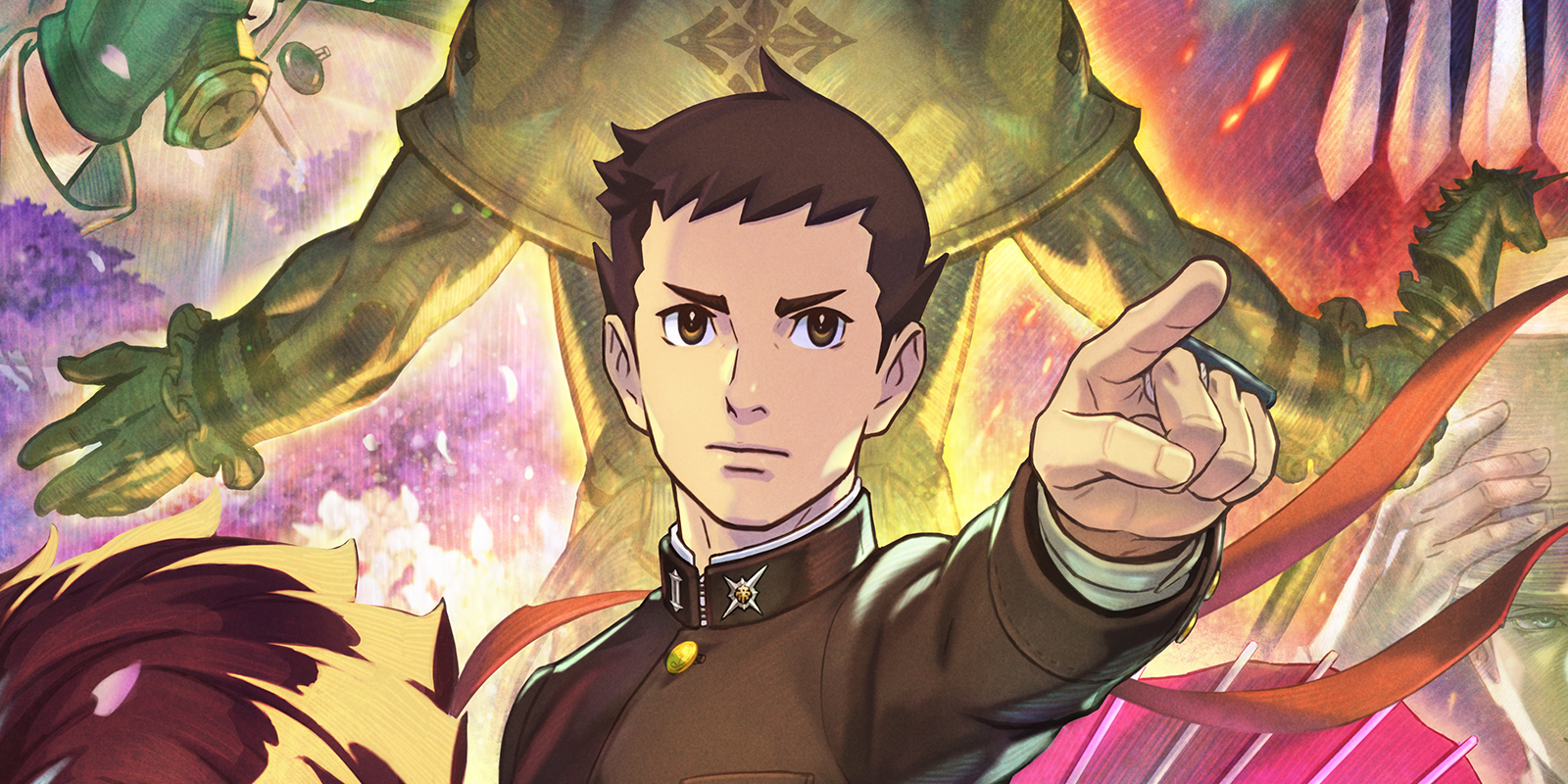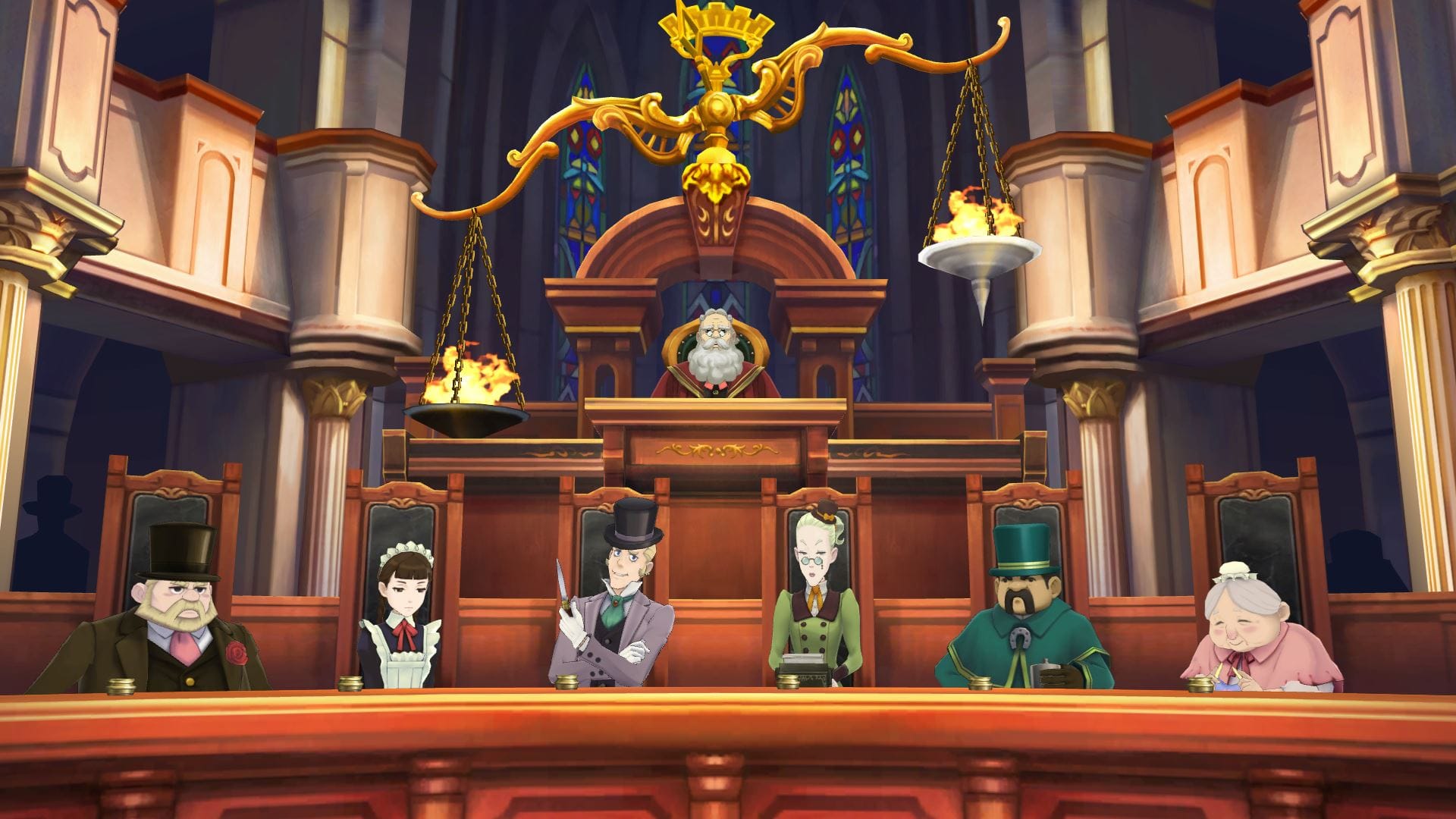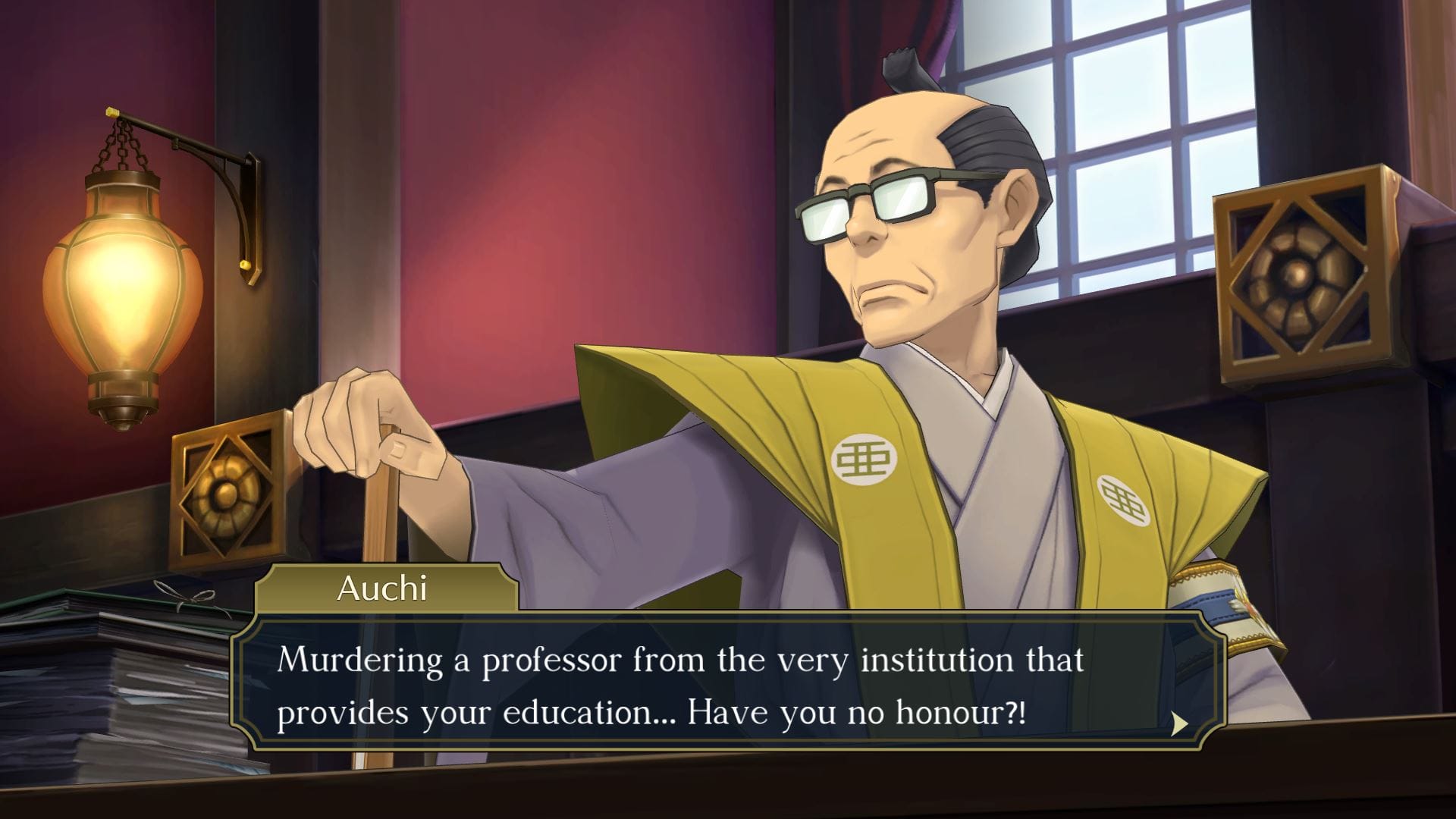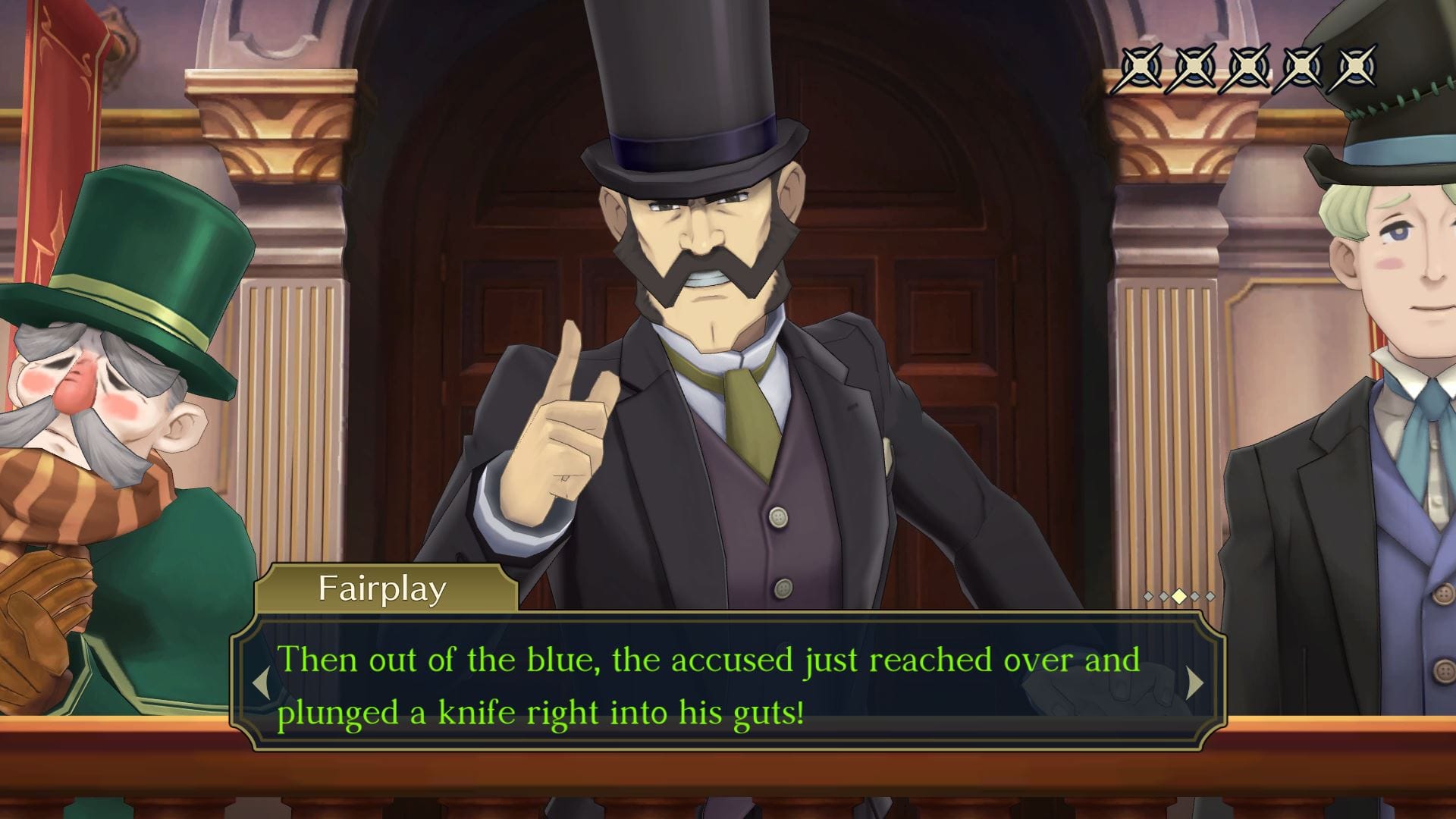The Great Ace Attorney Chronicles Defends the Reputation of Truth
Reaching back into history in order to look forward

Today, we can curate what we want to see in our daily lives. We shield ourselves from hard truths with that power, too. Technology has made our lives more comfortable, but also more disconnected from the real world. The foundations of this world lie in the late Victorian era. The Great Ace Attorney series travels to that period, not only to interrogate the troubles of that time, but also to scrutinize their effect on today’s challenges.
An exchange of ideas
Technology connected the world in the 19th century. Telegram lines, railways, and steamships allowed people to experience other places first hand. Japan had opened up to this connected world in 1853, when US Navy ships forced Japan to end its isolationist policy when they sailed into Edo Bay.
The new connections could expose one to the more negative aspects of humanity. As Ryunosuke — the protagonist — interacts with different people, he faces severe discrimination as a result of racism. Unscrupulous people also use technology to facilitate their crimes.
On the other hand, this connected world allows wonderful people to walk into his life. Ryunosuke can interact with different ideas that turn him into a better lawyer. The same technology that criminals use, he and his associates also use to unravel their crimes.
What The Great Ace Attorney games state is that the changes of industrialization aren’t wholly good or bad. It is up to the humans to decide how they use it, in the end. For that to happen, humans have to train their souls and their minds — moral judgement is more important than ever in this complex situation. But why do good? This links with the musings of ancient Greek philosophers.

Scratches of decisions
Plato thought a lot about the role of injustice in a person’s life. During his times, politicians and rulers signified that their life was virtuous, but under the cover of darkness, they attacked their opponents. Plato believed these actions damaged the wrongdoers’ souls, if they knew it or not. Plato writes in Gorgias that Socrates describes the judgement of souls after death:
"...often when he has laid hold of the Great King or some other prince or potentate, he perceives the utter unhealthiness of his soul, striped all over with the scourge, and a mass of wounds, the work of perjuries and injustice; where every act has left its smirch upon his soul, where all is awry through falsehood and imposture, and nothing straight because of a nurture that knew not truth: or, as the result of an unbridled course of fastidiousness, insolence, and incontinence, he finds the soul full fraught with disproportion and ugliness."
Immoral actions damage the soul, according to this line of thought. Over time, the decisions shape the person’s soul more and more, until it’s bent in a way that facilitates damaging actions more than noble ones. This force is not tied to a person’s outward appearance, their station in life, or the rationalizations they used to convince themselves. Their actions are the only things that hold weight in this equation.

Valuations of the intangible
One might wonder why it’s important to worry about the damage to one’s soul. It’s all just airy philosophical concepts, right? Plato puts forward that the damage to one’s soul could have real implications in a person’s life, though. Socrates shines a light on this once again, now in a debate against Thrasymachus, in Plato’s Republic:
"And again life? Shall we say that too is the function of the soul?”
“Most certainly,” he said.
“And do we not also say that there is an excellence virtue of the soul?”
“We do.”
“Will the soul ever accomplish its own work well if deprived of its own virtue, or is this impossible?”
“It is impossible.”
“Of necessity, then, a bad soul will govern and manage things badly while the good soul will in all these things do well.”
The soul is the prism through which a person makes decisions. Without that awareness, it’s very difficult to even notice it has become damaged, because we only see the glass, not the cracks. In the Platonic/Socratic conception, impartial punishment is one of the few actions that can make a person realize the depths of their wrongdoing.

Many antagonists in The Great Ace Attorney are not the villains of yesteryear. In their minds, many of their actions are even justified, too. What encourages them to do evil is that they can’t or refuse to look beyond their personal justifications for their actions. Their moral scent detector had broken because of a string of choices.
A rebuttal to a word
It is easy for anyone, even the so-called virtuous, to slide into the situation that unjust people find themselves in. The Great Ace Attorney provides an answer to this conundrum. According to the game, we have to keep hold of the truth, even when it’s inconvenient to us. Even when it threatens to destabilize our world.

People who do horrible things often deceive themselves, so unequivocal truths serve as powerful serums in such situations. One truth looms large: it’s unjust to murder others. When a scenario conflicts with this fundamental fact, it should raise serious questions.
It is important to remember the human aspect of so-called evildoers, too. It’s a sentiment that comes up in The Great Ace Attorney and Platonic texts. Offenders aren’t merely monsters that one can dissect to feel self-righteous. When we reduce others to caricatures, we diminish our own humanity. The fact is, our fragile choices lead us to a just life that’s full of truth.
The Great Ace Attorney adventures ask us these moral questions throughout its story. It forces us to choose our attitude to dilemmas, where the way to justice is littered with thorns. The truth is the one constant that reveals a path to justice.